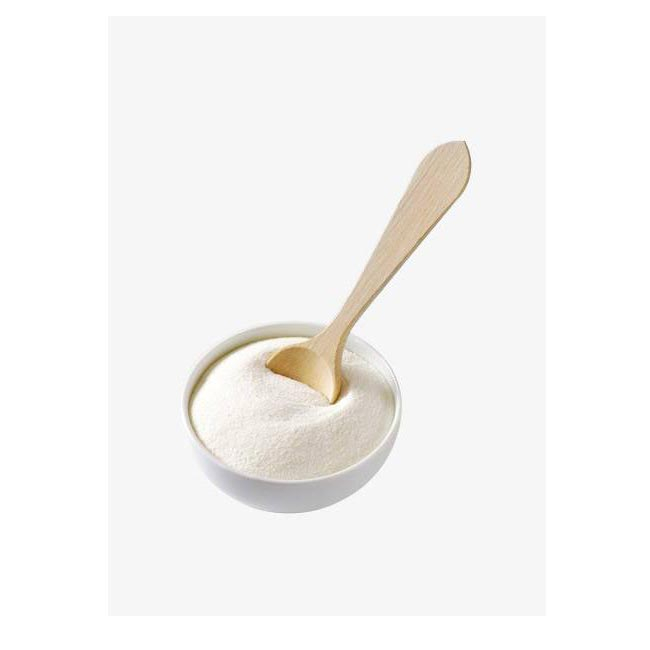If you are looking for high-quality products, please feel free to contact us and send an inquiry, email: brad@ihpa.net
**Unlocking Pro Sound: D2L’s Top Horn Picks for Serious Players**
(What Is A Recommended (From The D2l Materials) Advanced/Professional Horn Make And Model?)
Finding the right professional horn feels like a quest. You need an instrument that sings, responds effortlessly, and stands up to the demands of serious playing. Many players turn to trusted educational resources. The D2L materials offer solid advice on stepping up your game. Let’s dive into their recommended professional horn makes and models. **1. What Exactly Does D2L Recommend for Professional Horns?** D2L points players towards established, top-tier manufacturers known for quality and reliability in the professional sphere. They don’t typically single out one “best” horn. They emphasize brands with proven track records. Think major names like Yamaha, Conn-Selmer (especially their 8D and 11D lines), Holton (the H179 and H180 are workhorses), and Alexander (the 103 model is legendary). These makers consistently produce instruments meeting the high demands of orchestral, chamber, and solo performance. D2L highlights these brands because they deliver consistent intonation, rich tonal colors, and robust construction. They are instruments built to last a career, not just a few seasons. The focus is on horns designed for advanced technique and musical expression. **2. Why Trust D2L’s Horn Recommendations?** D2L resources are built on deep pedagogical knowledge and practical experience. Their recommendations aren’t just marketing hype. They stem from understanding what professional players and educators actually need day-to-day. These suggested brands are staples in major orchestras and music schools worldwide. Their prevalence is a testament to their quality. D2L knows students need reliable tools. A horn that fights you hinders progress. Recommending proven brands like Yamaha or Conn helps avoid that frustration. These instruments offer predictable performance. They hold their value well. They have readily available parts and repair support. Trusting D2L means trusting advice grounded in real-world musical success and instrument longevity. It’s about minimizing risk when making a significant investment. **3. How Do You Choose Among These Top Horn Models?** Choosing between these excellent horns requires hands-on testing. Your personal connection to the instrument matters most. Start by identifying your primary playing style. Orchestral players often favor the darker, richer sound of a Conn 8D or Alexander 103. Soloists or chamber musicians might lean towards the brighter, more focused response of a Yamaha 667 or 871. Consider the horn’s weight and balance. A heavier horn like many Alexanders offers immense resonance but requires more stamina. Lighter horns like some Yamaha models can feel more agile. Play them! Test response across all registers. Are low notes full and secure? Do high notes speak easily? Check the valve action. Is it smooth and quiet? Listen critically to the tone quality. Does it match the sound you hear in your head? Don’t rush. Play as many models as possible, even within the same brand. Work with a knowledgeable teacher or technician. Your perfect horn is the one that feels like an extension of yourself. **4. Where Do These Professional Horns Shine?** These recommended horns excel in demanding musical environments. They are built for the concert hall. Think major symphony orchestras where power, blend, and tonal depth are non-negotiable. They are equally at home in chamber music settings. A string quartet or wind quintet demands clarity and nuance. These horns deliver. Solo performers rely on their projection and expressive range to captivate an audience. Opera pits require horns that can cut through without losing beauty. Professional horns handle this. They are also vital for high-level university programs and conservatories. Students preparing for professional careers need instruments that won’t limit their growth. Beyond classical, these horns find a place in top-tier studio recording sessions. They are used in film scoring where a specific, rich horn sound is required. Any situation demanding the highest level of musical expression and reliability is where these D2L-recommended horns belong. **5. FAQs About D2L’s Professional Horn Advice**(What Is A Recommended (From The D2l Materials) Advanced/Professional Horn Make And Model?)
People often ask if D2L recommends specific vintage horns. Generally, they focus on current production models known for consistency. They might mention the reputation of older Conns or Alexanders but stress the importance of a professional evaluation before buying used. Another common question is about price. Professional horns are a major investment. D2L acknowledges this. They suggest viewing it as a long-term career tool. Financing options or seeking out used instruments in excellent condition are paths they might discuss. People wonder about the difference between intermediate and professional models. D2L clarifies that professional horns use higher quality materials like yellow brass bells. They have more precise manufacturing. They feature hand-crafted elements. This results in superior sound, response, and durability. Beginners ask if they should start with a pro horn. D2L usually advises against it. A quality student horn is more appropriate initially. The cost and complexity of a pro model are unnecessary for a novice. Finally, people inquire about maintenance. D2L emphasizes that even the best horns need regular care. Professional players schedule routine cleanings and valve oilings. Protecting the instrument with a sturdy case is essential. Long-term care keeps these horns performing at their peak for decades.Inquiry us
if you want to want to know more, please feel free to contact us. (nanotrun@yahoo.com)










